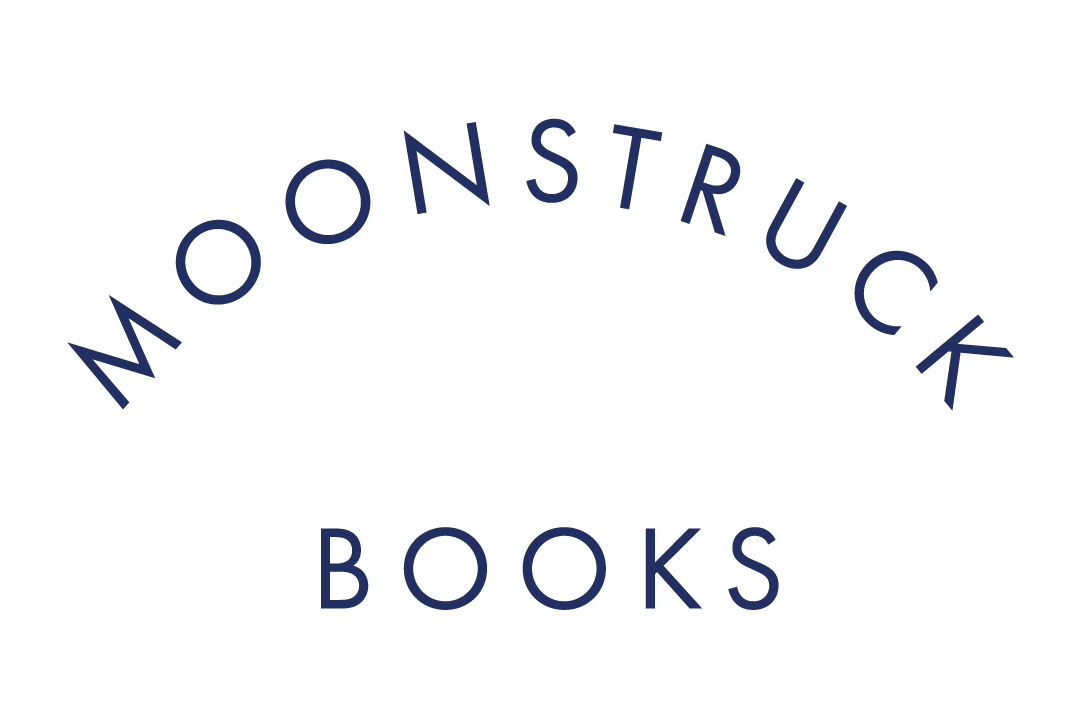Submission guidelines
Moonstruck Books publishes the highest quality speculative fiction, science fiction, horror, fairy tales, gritty and gothic fiction, and experimental fiction. Please note that our publication calendar is currently at capacity and we are reading through the queue of existing submissions. We are not accepting unsolicited submissions of any kind. These will be deleted unread. Join our mailing list to learn when submissions will open again for our upcoming anthology and more.
Anthology submissions
Moonstruck Books will publish an anthology of cosmic horror fiction titled Cazimi Ark in Fall 2027. To be first to learn when submissions open, please sign up for our newsletter.
The golden rule of publishing
Please know that we receive thousands of submissions during our open reading periods. Due to our small size, commitment to excellence, and discerning acquisition process, we must reject most of the manuscripts we read. This is not personal. We understand that the submission process can be grueling and discouraging. With this in mind, we try to be as respectful as possible toward authors and their creative efforts, offering kindness and professionalism. We expect the same in return; unpleasant or unprofessional communications will be deleted.
Not sure if your work fits on our shelf? Browse the shop here.
What does “non-traditional” mean?
We define “non-traditional” broadly. We believe that speculative fiction, horror, fantasy, and science fiction are innately diverse and represent visions of many possible futures. With this in mind, we seek to work with authors of unique personal experiences and perspectives. To us, “non-traditional” can mean:
Creating boundary-pushing fiction that questions the dominant cultural narrative, however the individual defines that narrative;
Unpublished or otherwise uncredited, and/or having a small social media following;
Belonging to a historically marginalized group and/or identifying as lesbian or gay, queer, transgender or nonbinary; Black, Indigenous, Latinx, people of color (BIPOC); blue collar writers, self-supporting writers, anti-commercial writers, and people from non-affluent backgrounds; people who live with chronic illness and other disabilities; and other individual experiences which are not traditionally centered in mainstream publishing;
Originating from a rural, agricultural, or otherwise overlooked or unglamorous region within the United States;
Self-taught authors who have no formal education, such as university courses or MFAs, or access to residencies, grants, fellowships, and other privileges;
Originating from a country, nation, or homeland outside the United States.
